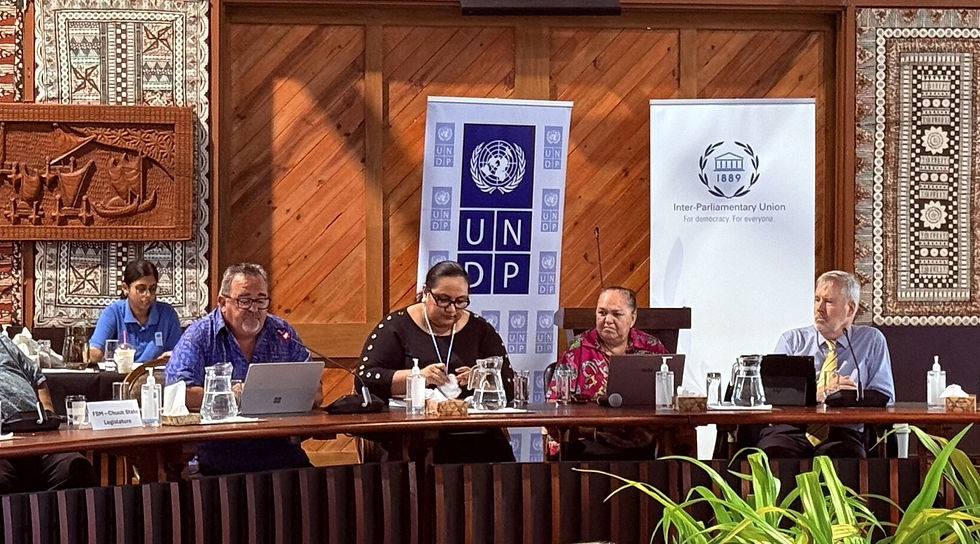To Restore Democracy, Restore Civic Trust
- Roslyn Fuller
- Jan 9, 2021
- 4 min read
Updated: Feb 6, 2024
by Dr. Brook Manville, Author, Consultant and regular contributor to Forbes.com
As part of SDI's "Foundations of Democracy" series, we are asking academics and thinkers from around the world what conditions they believe we need to have in place as a society to enable a meaningful and equal democracy. We asked Dr. Brook Manville the question: "What underlying societal norms and practices are necessary for a democracy to thrive? (e.g. what kinds of things do citizens just need to do, or aspire to, as a standard part of their culture on an everyday basis)."




Comments